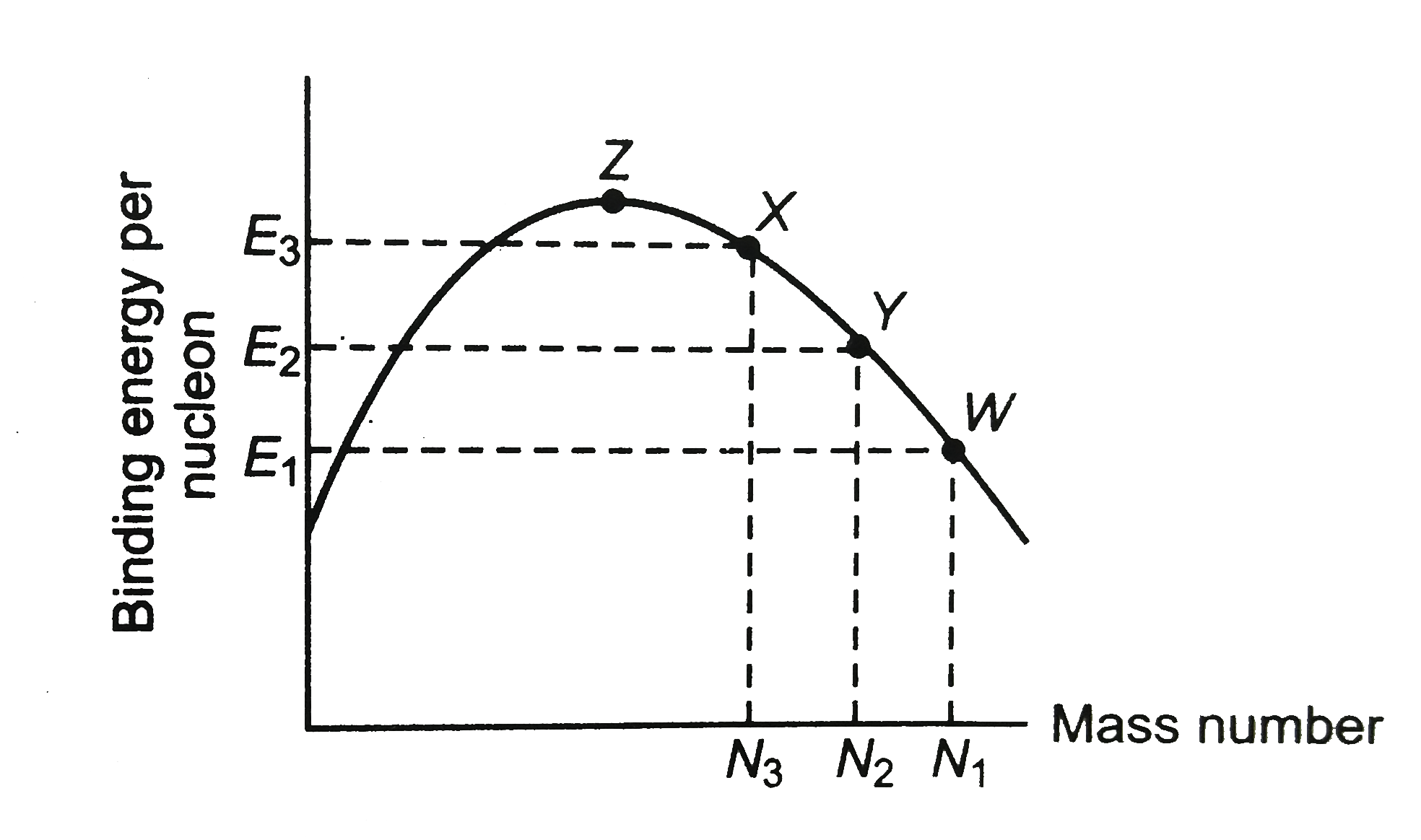Nuclear power plants use the nuclear fission reaction to produce electricity. What is the advantage of producing electricity by fusion reaction ?
Step-by-Step Solution:
1. Understanding Nuclear Fusion: Nuclear fusion is the process where two light atomic nuclei combine to form a heavier nucleus, releasing a significant amount of energy in the process. This is the same reaction that powers the sun.
2. Energy Output: One of the main advantages of nuclear fusion over nuclear fission is that it produces a much larger amount of energy per unit mass of fuel. For example, fusion reactions can release millions of times more energy than chemical reactions and significantly more than fission reactions.
3. Fuel Availability: The fuels used in fusion reactions, such as isotopes of hydrogen (deuterium and tritium), are abundant and can be sourced from water and lithium. This makes fusion a more sustainable energy source compared to the limited supply of uranium and plutonium used in fission.
4. Safety Considerations: Fusion reactions do not produce long-lived radioactive waste like fission does. The byproducts of fusion are generally less harmful and have shorter half-lives, reducing the long-term storage and contamination issues associated with fission.
5. No Risk of Meltdown: In fusion reactors, the conditions required to sustain the reaction are extremely difficult to maintain. If there is any disturbance, the reaction simply stops, eliminating the risk of a catastrophic meltdown that can occur in fission reactors.
6. Environmental Impact: Fusion energy has a lower environmental impact compared to fission. It does not produce greenhouse gases during operation and has a much smaller ecological footprint.
Conclusion: The advantages of producing electricity by fusion reactions include higher energy output, abundant fuel supply, reduced radioactive waste, safety from meltdowns, and lower environmental impact.
---
Topper's Solved these Questions
Similar Questions
What is a nuclear fission reaction ?
View SolutionWhat is the major advantage of producing plants by micropropagation ?
View SolutionDuring a nuclear fusion reaction,
View SolutionAn example of nuclear fusion reaction is
View SolutionState two uses of nuclear fission.
View SolutionGive reasons
Water stored in a dam is used to produce electricity .
View SolutionIn a nuclear fusion reaction, if the energy is released then
View SolutionState two advantages and two disadvantages of producing hydro electricity.
View SolutionDynamo which produces electricity , is source of :
View SolutionConsider the nuclear fission reaction W→X+Y. What is the Q-value (energy released) of the reaction?

View Solution
